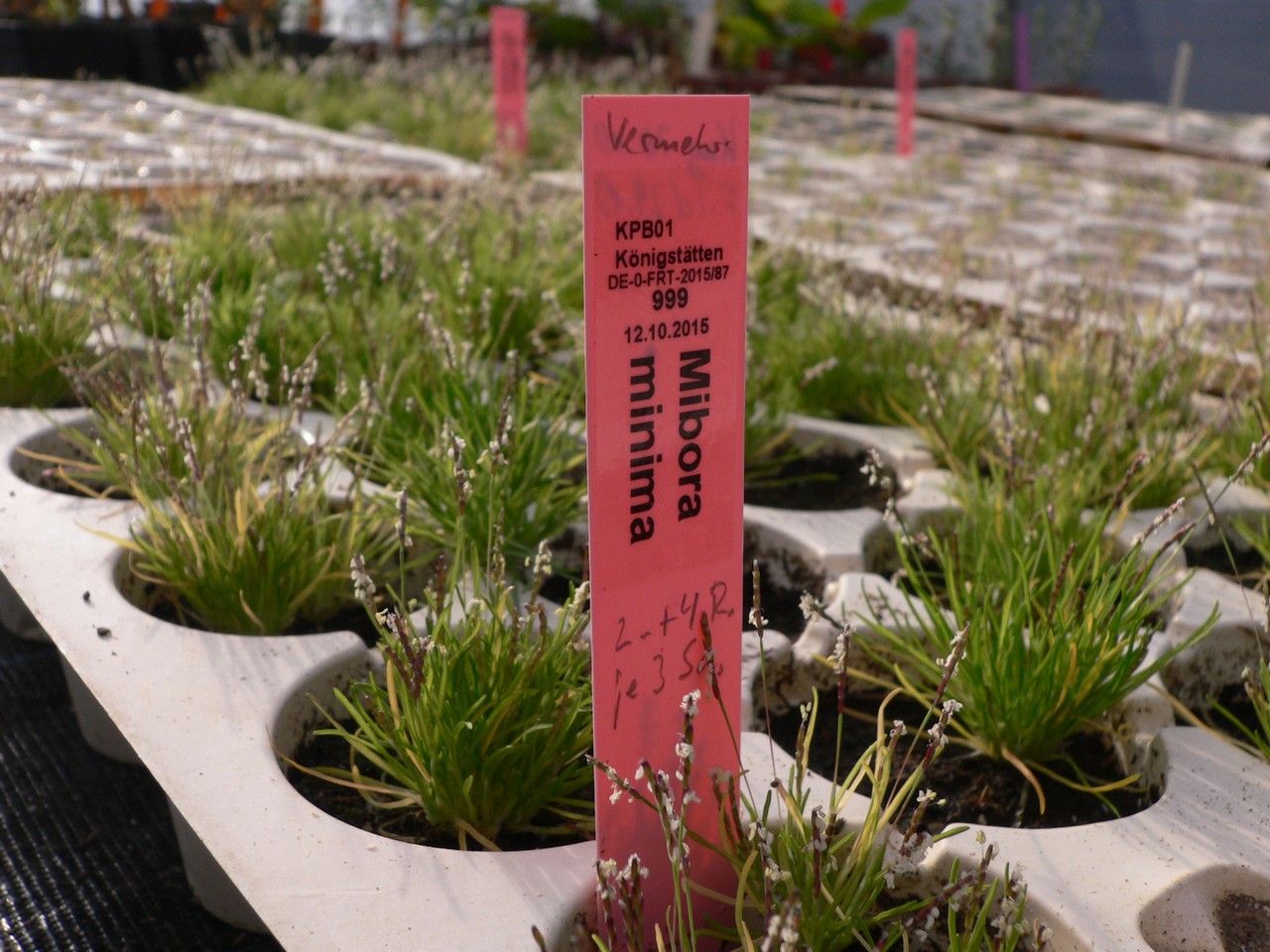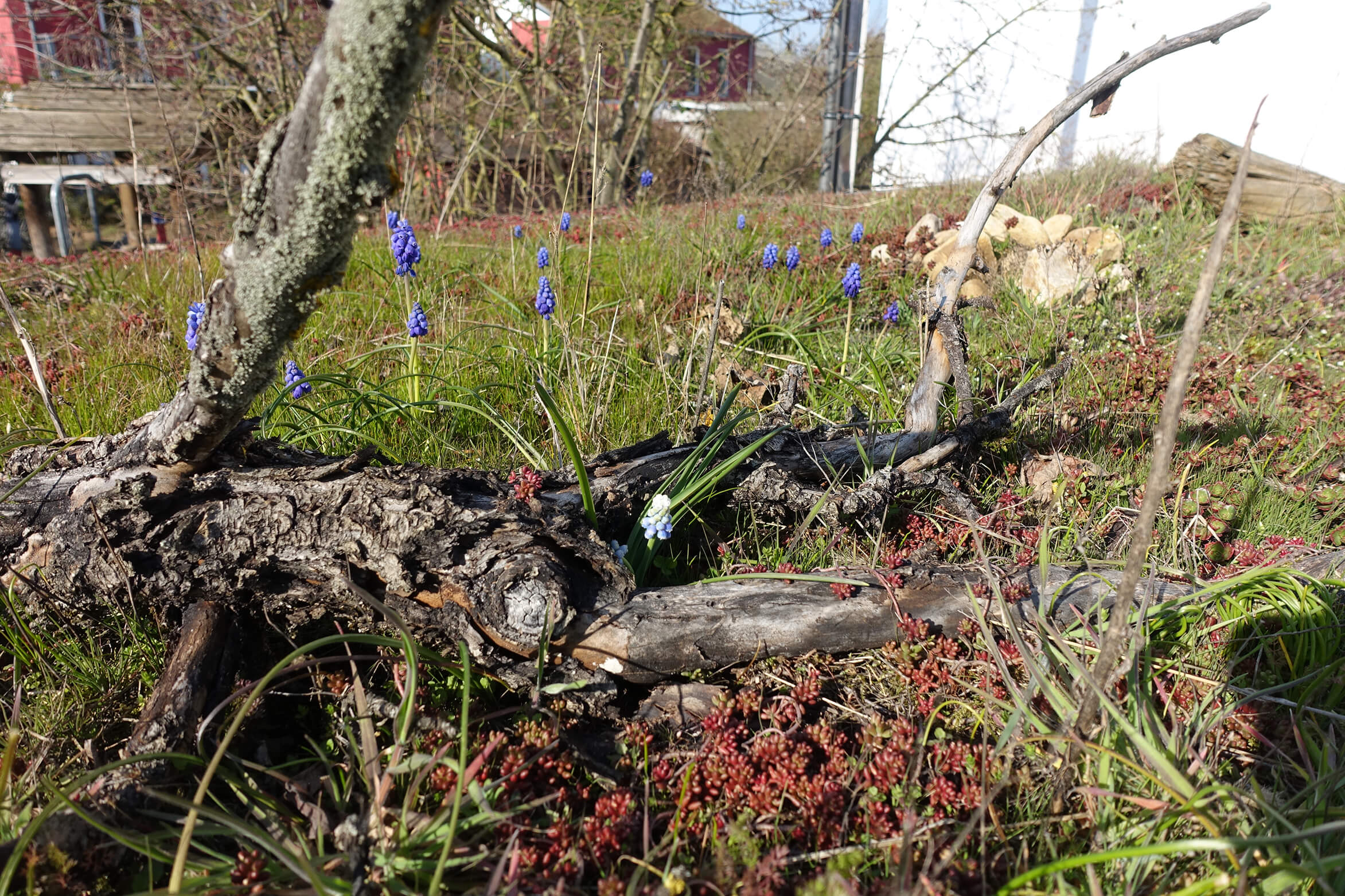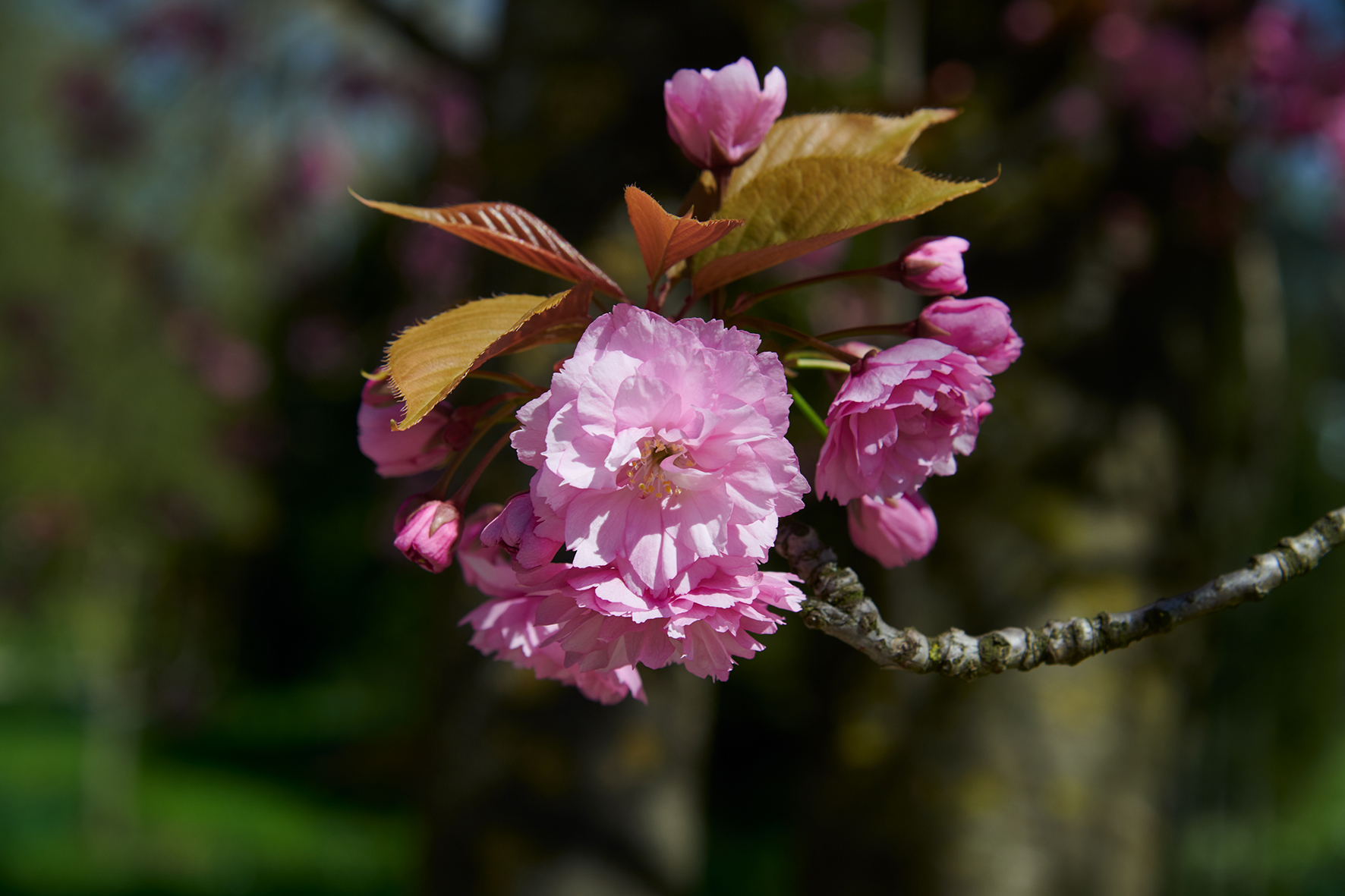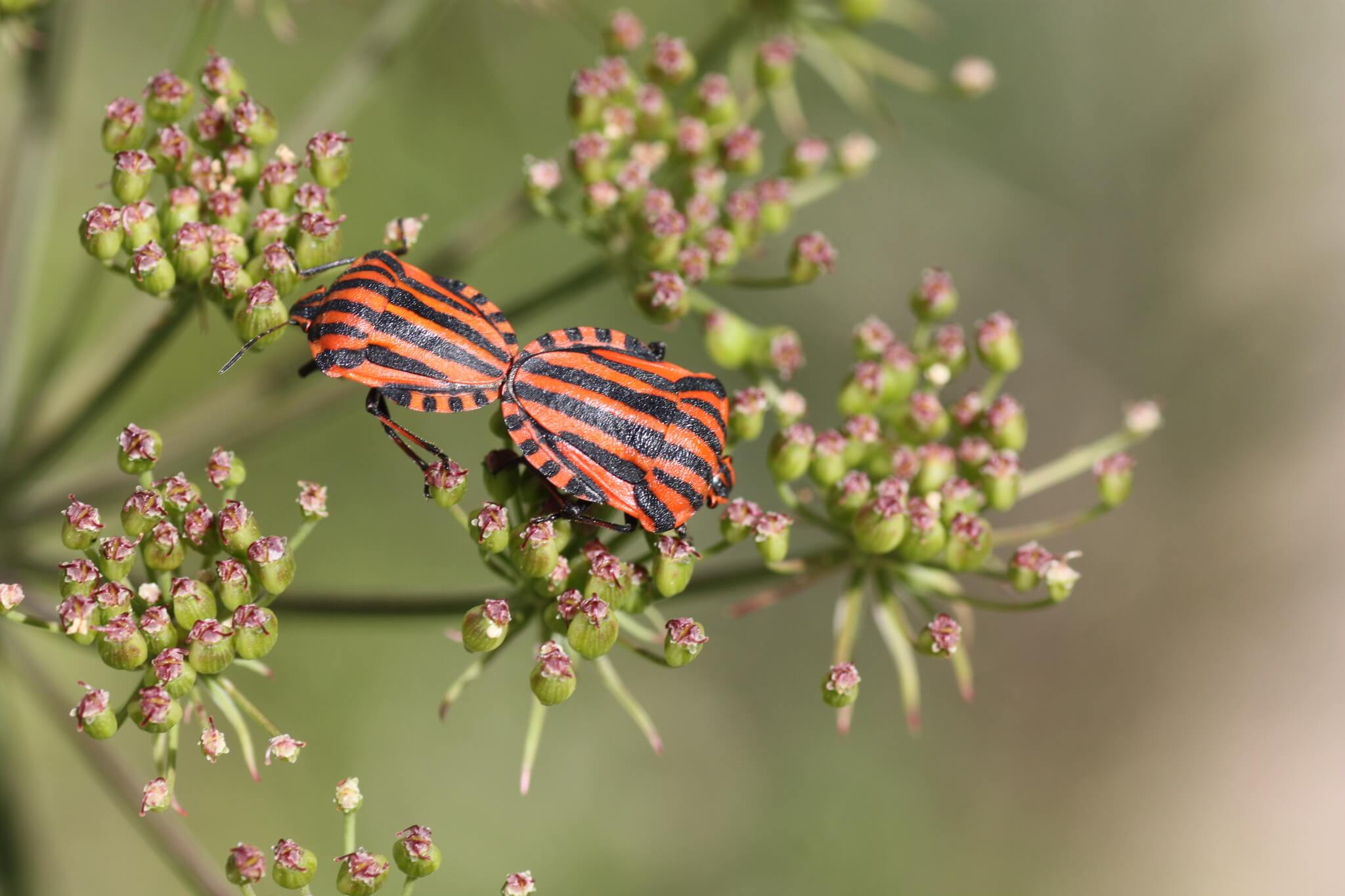Projects
While herbarium collections and observation data have a long history of data exchange via common data portals, this has yet to happen for botanical living collections. The EvoBoGa project, which has now been completed, has created a joint data portal for two groups that are well represented in botanical gardens, bromeliads and cacti. The Palmengarten is involved with its bromeliad collection:
https://portal.wissenschaftliche-sammlungen.de/CollectionActivity/181232
With funding from KfW Stiftung (2014-2018), 15 plant species for which Hessen has a special responsibility were propagated in the Botanic Garden and reintroduced to suitable locations. The funding period has ended, but the conservation collections continue to exist.
Green roofs can be ecologically valuable habitats in urban for numerous animal and plant species. The potential of existing green roofs for the protection of nature and species is currently often not fully used. We want to change that! This project is also funded by KfW Stiftung (duration 2019-2024).
Phenology describes when plants develop leaves, flowers or fruits. Climate change-induced shifts in these events can have serious effects on plants and other organisms associated with them. Phenological changes can be documented effectively on a common set of species at different sites, and this is what the PhenObs project is doing in botanical gardens:
SLInBio examines the appreciation of insects and the contribution of cities to insect conservation using the example of the city of Frankfurt. The Palmengarten and Botanical Garden are involved with their insect-friendly habitats, citizen science and as an event venue:
https://www.isoe.de/nc/forschung/projekte/project/slinbio/
Projects
Evo-BoGa
While herbarium collections and observation data have a long history of data exchange via common data portals, this has yet to happen for botanical living collections. The EvoBoGa project, which has now been completed, has created a joint data portal for two groups that are well represented in botanical gardens, bromeliads and cacti. The Palmengarten is involved with its bromeliad collection:
https://portal.wissenschaftliche-sammlungen.de/CollectionActivity/181232
Conservation collections
With funding from KfW Stiftung (2014-2018), 15 plant species for which Hessen has a special responsibility were propagated in the Botanic Garden and reintroduced to suitable locations. The funding period has ended, but the conservation collections continue to exist.
Living roofs
Green roofs can be ecologically valuable habitats in urban for numerous animal and plant species. The potential of existing green roofs for the protection of nature and species is currently often not fully used. We want to change that! This project is also funded by KfW Stiftung (duration 2019-2024).
PhenObs
Phenology describes when plants develop leaves, flowers or fruits. Climate change-induced shifts in these events can have serious effects on plants and other organisms associated with them. Phenological changes can be documented effectively on a common set of species at different sites, and this is what the PhenObs project is doing in botanical gardens:
SLInBio
SLInBio examines the appreciation of insects and the contribution of cities to insect conservation using the example of the city of Frankfurt. The Palmengarten and Botanical Garden are involved with their insect-friendly habitats, citizen science and as an event venue:
https://www.isoe.de/nc/forschung/projekte/project/slinbio/



